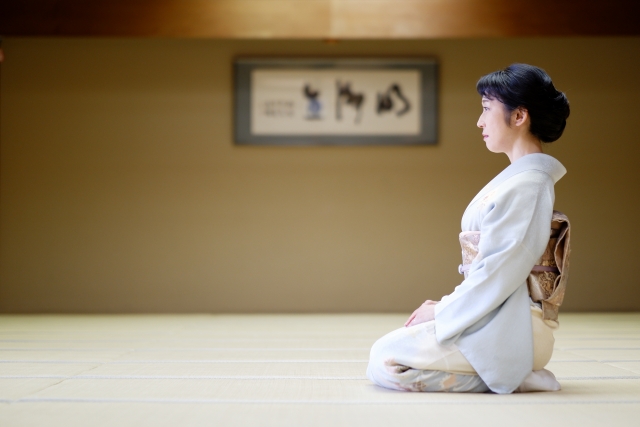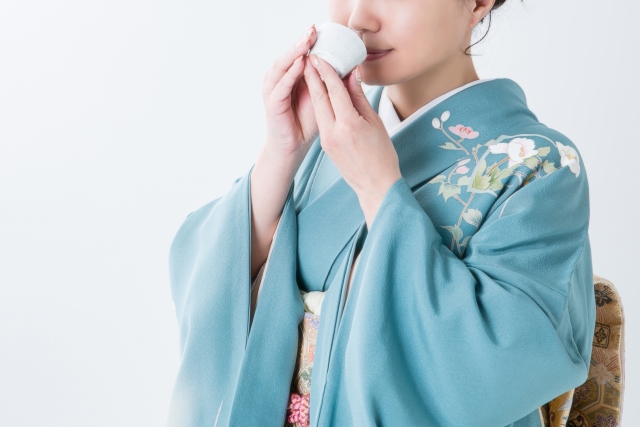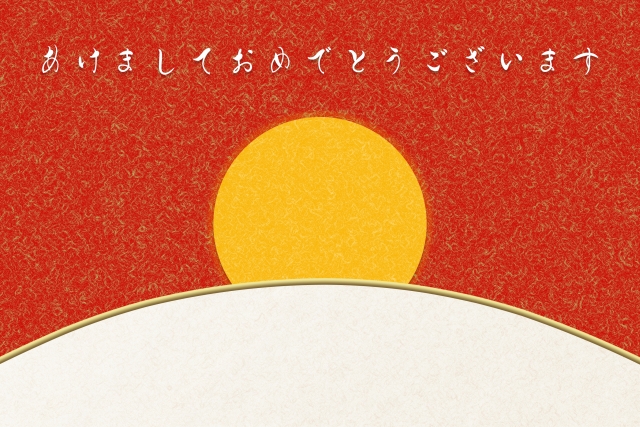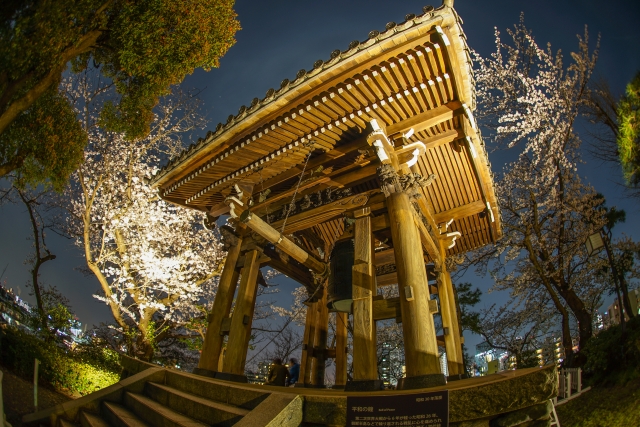

In Japan, people device to convey their wisdom to the next generation, “as the form, not sentence” through taking Rei-Setsu in their lifestyle.
It is a sad thing, that a little by little, growing the society wealthy of industrial products, even Japanese people getting lost it.
In probably, people created their cultural tradition in expectancy, that had “someone takes over to the next generations in the future”.
For example, Kimono and Zori (the Japanese sandals) are the Japanese cultures which take in to make “good posture” to coercion.
Obi has the secret, you can keep your good posture.
Obi fixes your back muscle to coercion.
Then the posture keeping straight becomes normal, your stomach and bowel free from the body.
And not only your posture but also your mind also firm.
Zori also has the secret, it fixes the walking style at the human structure.
You cannot walk if you don’ t force on your foot finger, so you will move them naturally.
When you forced at your foot finger at walking, you will also change to use your whole back of your foot, then the arch of a foot also made up.
Also, we have a habit of respect cleanliness.
Japanese people say “wash their face and start again”, it means to reset wrong thinking then clean your mind as water flowing.
On the other hand, we say “wash away with the water”, it means to forgive someone unconditionally.
All thinking way is following the sense of value which “clean into the water”. Japanese people love to take a bath, wash their hand before worship to Jinja (shrine).
The core thinking way of our life habit of respect cleanliness is from the ethical doctrine that human nature is fundamentally good that “people are pure and simple”.
If you got dirty (sin or stain), you can wash your mind to change into clearness.
Besides, there is a sense of value that important to clean yourself to having “Rei-Setsu” for everything.
This page conveys Japanese studies about culture, traditions, and lifestyle habits such as kimono, music, and courtesy.
Tradition New Articles

Japanese Sake
- Posted: 2021.1.3
Sake is a type of pure liquor, usually made from rice (mainly sake rice), malted rice, and water. This sake is […]

Kotohogi (Ancient Japanese words meaning “to congratulate”)
- Posted: 2021.1.2
The word “Kotohogi” means “to celebrate with words”. There was a belief in “koto […]

Kotohogi (Traditional Japanese words meaning “to congratulate”)
- Posted: 2021.1.2
The word “Kotohogi” means “to celebrate with words”. There was a concept of “Kototama” that words have the pow […]

Kotohogi (Traditional Japanese words meaning “to congratulate”)
- Posted: 2021.1.2
The word “Kotohogi” means “to celebrate with words”. There was a concept of “Kot […]

Last day of the month&New Year’s Eve
- Posted: 2020.12.31
December 31st is the last day of the year, also known as “Omisoka”. It is also called “Otsug […]
